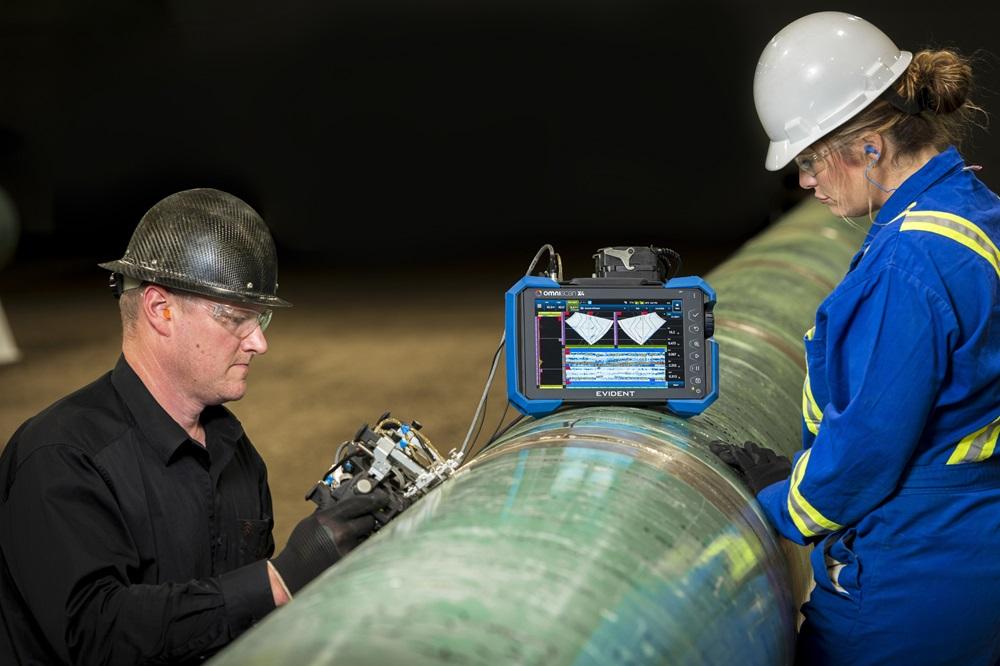Welding is all about precision, safety, and proven expertise. When one flawed weld can bring down an entire structure, certifications act as a universal language of trust between welders and employers. The numbers back this up too. The U.S. Bureau of Labor Statistics is projecting 5% annual growth in specialized welding roles through 2025, and certified welders are the ones landing the best opportunities. This guide breaks down the credentials that open doors to higher pay, leadership roles, and resilience in a trade shaped by advancing technology and global standards.

Core Certifications: Your Professional Foundation
Three certifications form the bedrock of welding careers, each serving distinct industries and skill levels.
AWS Certified Welder (CW)
The American Welding Society’s (AWS) Certified Welder credential is the industry’s gold standard. To earn it, welders pass a hands-on test at an accredited facility, demonstrating skill in processes like shielded metal arc welding (SMAW) or gas tungsten arc welding (GTAW). Tests follow AWS QC7 standards, evaluating bead quality, penetration, and structural integrity. Unlike common misconceptions, the CW credential doesn’t expire, though employers often require proof of ongoing work using the certified method [A1, A4].
Where it shines: Construction, automotive repair, and general fabrication.
Employer-Based ASME Qualifications
While ASME doesn’t certify individual welders, employers qualify workers under ASME codes like Section IX for pressure vessels, boilers, and nuclear components. These roles often involve written exams on code interpretation alongside practical tests. For example, a welder at a Nebraska power plant might qualify for ASME Section IX to work on turbine components, ensuring compliance with strict safety protocols 1.
API 1104 Pipeline Certification
The American Petroleum Institute’s (API) certification validates skills for oil and gas pipeline welding. Unlike AWS, API 1104 focuses on codes specific to high-pressure systems. While some employers require AWS credentials first, others accept direct certification. Take Carlos M., a Texas-based welder who doubled his earnings after adding API 1104 to his existing AWS certifications, securing a role inspecting offshore rig welds [A1, B1].

AWS vs. API: Choosing Your Path
| Key Differences |
AWS Certification |
API Certification |
| Industry Focus |
Broad (construction, manufacturing) |
Oil, gas, pipelines |
| Code Standards |
AWS D1.1 (structural welding) |
API 1104 (pipeline systems) |
| Career Flexibility |
Entry-level to inspection roles |
Specialized energy sector jobs |
| Geographic Hotspots |
Nationwide demand |
Gulf Coast, Permian Basin regions |
AWS offers versatility, while API certifications command premium pay in petroleum hubs.

Certifications and Earnings: By the Numbers
- Entry-level welders earn $47,200 on average as of 2025, but certified peers in pipeline or aerospace welding surpass $75,000 [C1, C3].
- 78% of refinery contractors require API 1104 for inspection roles, per 2025 industry surveys.
- AWS Certified Welding Inspectors (CWI) report 34% higher job retention during economic downturns 2.
Building Your Certification Roadmap
- Start Solid: Earn the AWS CW credential, it’s required for 92% of U.S. welding job postings.
- Specialize Smart: In Louisiana’s petrochemical corridor? Add API 1104. In automotive hubs like Detroit, pursue resistance welding certifications.
- Lead Teams: After 3–5 years, aim for the CWI to transition into quality control or training roles.
Pro tip: Shadow a seasoned welder like Anna R., who leveraged her AWS certs into a CWI role at a Denver aerospace firm by mastering laser weld inspection techniques [D1, I2].
Maintaining Relevance: Certifications and Tech Trends
Modern welders need more than torch skills. Automation literacy separates contenders from leaders:
- Robotic Welding: Certifications in programmable systems are growing 22% annually.
- 3D Metal Printing: Additive manufacturing certifications command 18% salary premiums 3.
- Global Work: European jobs often require ISO 9606-1 certification, which mandates retesting every two years versus AWS’s ongoing work verification 4.

Preparing for Exams: Work Smarter
- Practice Intelligently: Dedicate 10 hours weekly to AWS D1.1 code clinics for six weeks pre-test.
- Leverage Free Tools: AWS’s online “CWI QuickPrep” modules break down visual inspection criteria.
- Avoid Pitfalls: 63% of failed API 1104 exams stem from misinterpreting bend test criteria. Study pipeline-specific defect thresholds [H1, H5].
The Certification Effect: Beyond the Resume
Certifications safeguard careers. When Maria L.’s Chicago fabrication plant automated, her dual AWS/CWI credentials made her indispensable for training robots rather than being replaced by them. They also signal safety commitment. Certified welders have 41% fewer OSHA recordables according to 2025 NIST data [G3, I3].

Weld Your Future
In welding, certifications are your career insurance. From the foundational AWS CW to specialized API endorsements, each credential sharpens your value in an industry where precision equals safety. With robotics and global standards changing the game, smart certification choices become your roadmap for staying ahead in 2025 and beyond.

